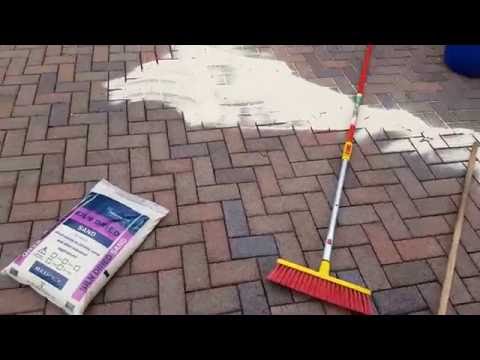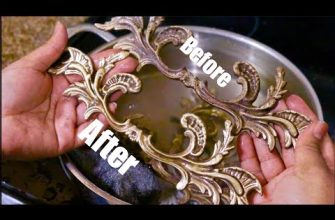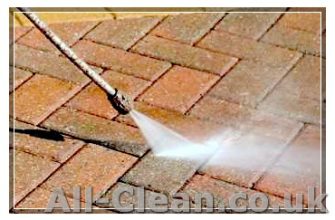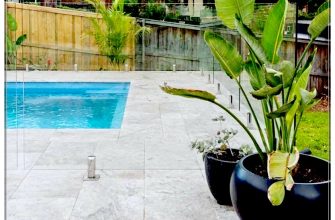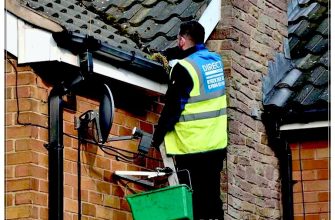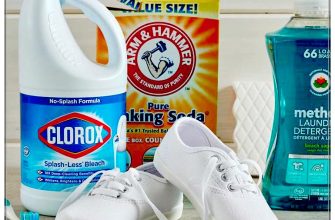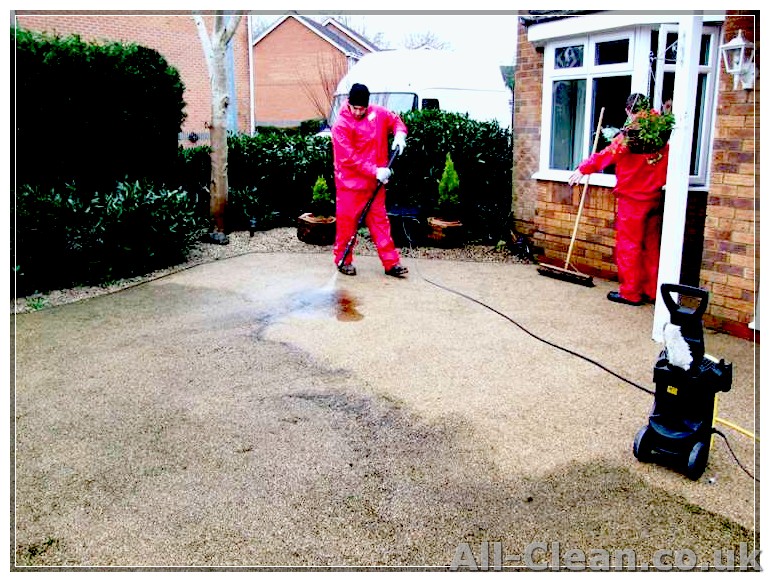
If you have a resin driveway, you may be familiar with the pesky problem of moss and algae growth. These unwelcome visitors can quickly turn an otherwise pristine surface into a slippery and unsightly mess. Fortunately, there are several simple and effective methods for removing moss from a resin driveway.
One of the easiest ways to tackle moss and algae on your resin driveway is to use a mixture of water and a mild detergent. Simply mix the two together and apply it to the affected areas with a brush or a pressure washer. This solution will help to remove the moss and algae, as well as any dirt or grime that may have accumulated.
If the moss and algae growth on your resin driveway is particularly stubborn, you may need to use a more powerful cleaning agent. There are many commercial products available that are specifically designed to remove moss and algae from outdoor surfaces. These products are usually applied with a brush or a pressure washer and can be very effective at getting rid of the problem.
Another option for removing moss from a resin driveway is to use a scraper or a shovel. This method is typically more labor-intensive and may require some physical strength and dexterity, but it can be very effective, especially if the moss and algae growth is concentrated in a small area. Use caution when using a scraper or shovel to avoid damaging the surface of the driveway.
It’s important to note that moss and algae growth on a resin driveway can be a sign of underlying issues, such as poor drainage or insufficient sunlight. If you find that moss and algae regularly return to your driveway, it may be worth addressing these issues to prevent further growth. Taking steps to improve drainage, increase sunlight exposure, and properly maintain your driveway can help to prevent moss and algae growth in the future.
In conclusion, removing moss from a resin driveway can be a relatively easy and straightforward process. Whether you choose to use a mild detergent, a commercial cleaning agent, or physical tools like a scraper or shovel, it’s important to handle the moss and algae growth carefully to avoid damaging the surface of the driveway. By taking proper precautions and regularly maintaining your driveway, you can keep it looking clean, attractive, and moss-free.
- Effective Ways to Remove Moss From a Resin Driveway
- 1. Manual Removal
- 2. Cleaning Solution
- 3. Pressure Washer
- 4. Weed Killer
- 5. Regular Maintenance
- 6. Winter Preparation
- 7. Professional Help
- Conclusion
- Understand the Problem
- Regular Maintenance
- How to Prevent Moss Growth
- How to Remove Moss
- Mechanical Removal
- Tools and Equipment
- Step-by-Step Process
- Maintenance and Prevention
- Chemical Treatments
- Natural Remedies
- 1. Scraper or Brush
- 2. Hot Water
- 3. Vinegar
- 4. Baking Soda
- 5. Salt
- 6. Lemon Juice
- 7. Preventing Moss Growth
- Jet Washing of Your Resin Driveway
- 1. Prepare the Area
- 2. Use the Correct Jet Washing Attachment
- 3. Start with Low Pressure
- 4. Use a Sweeping Motion
- 5. Clean in Sections
- 6. Pay Attention to Problem Areas
- 7. Rinse Properly
- 8. Repeat the Process if Necessary
Effective Ways to Remove Moss From a Resin Driveway
Moss growth on a resin driveway can be quite common, but luckily, there are effective ways to remove it and keep your driveway looking clean and well-maintained. Here are some methods you can take:
1. Manual Removal
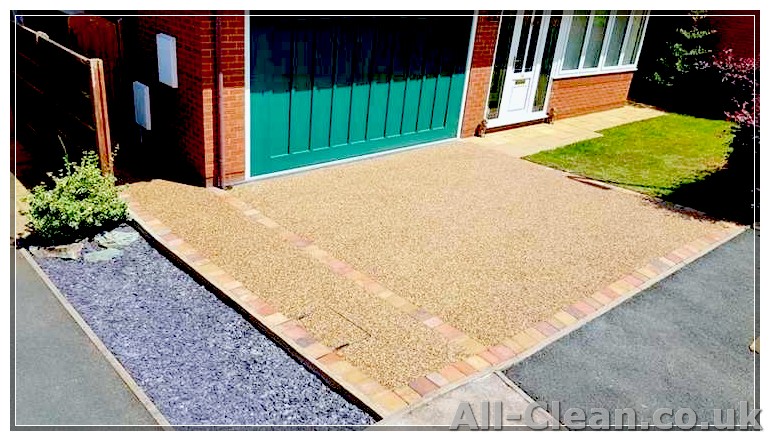
One of the easiest ways to remove moss from a resin driveway is to manually remove it. Simply take a stiff brush or broom and scrub the moss away. This method may require some physical effort, but it is a simple and cost-effective way to clean the surface.
2. Cleaning Solution
If the moss growth is persistent or widespread, you may need to use a cleaning agent to effectively remove it. A solution of warm water and mild detergent or soap can be used to clean the driveway. Apply the solution to the affected areas and scrub with a brush. Rinse thoroughly with water afterwards.
3. Pressure Washer
A pressure washer can be a powerful tool for removing moss from a resin driveway. It is important to use the pressure washer with caution and not to apply too much force, as this can potentially damage the resin. Start with a low-pressure setting and gradually increase if necessary. Use a sweeping motion to wash away the moss and rinse the surface thoroughly.
4. Weed Killer
In some cases, moss growth on a resin driveway may be accompanied by weed growth. If this is the case, it is important to address both issues. Using a weed killer specifically designed for driveways can help eliminate both moss and weeds. Follow the instructions on the product carefully and avoid using excessive amounts, as this can damage the resin surface.
5. Regular Maintenance
To prevent moss from reoccurring on your resin driveway, regular maintenance is essential. Keep the surface clean and free from organic debris, such as leaves and dirt, as these can create a suitable environment for moss growth. Additionally, be mindful of any spillages, such as oil or petrol, and clean them up promptly to prevent staining.
6. Winter Preparation
Moss growth on driveways can be more prevalent during the winter months due to increased moisture levels. To minimize moss growth, it is advisable to take some preventive measures before winter arrives. Apply a moss killer or treatment in the autumn to prevent moss from taking hold and maintain a clean and moss-free driveway throughout the season.
7. Professional Help
If you are unsure about handling moss removal or if you have a particularly stubborn moss issue, it may be best to seek professional help. A professional cleaning company can assess the situation and provide the appropriate treatment to remove the moss effectively while protecting the resin surface.
Conclusion
Keeping a resin driveway free from moss is a vital task to maintain its appearance and prevent potential damage. Whether you choose to use manual removal methods, cleaning solutions, pressure washers, or seek professional help, regularly taking care of your resin driveway will ensure it remains in perfect condition for years to come.
Understand the Problem
Before we jump into the different methods of removing moss from a resin driveway, it’s important to understand why moss forms on driveways in the first place. By understanding the problem at hand, we can better address it and find more effective solutions.
Moss is a common issue that many homeowners notice on their driveways. It typically appears as green or brown patches along the surface, making the driveway look untidy and unkempt. Moss thrives in damp, shady areas and can grow on any surface that provides it with enough moisture and shade.
Resin driveways, in particular, are prone to moss growth because of their permeable nature. The tiny gaps between the resin-bound stones can allow moisture to seep through, creating a perfect environment for moss and other weeds to grow.
In addition to the aesthetic concerns, moss on a driveway can also be a safety hazard. When it rains or snows, the moss can make the surface slippery, increasing the risk of accidents.
To keep your resin driveway moss-free, it’s always a good idea to include moss removal as part of your routine maintenance. Regular cleaning and preventive measures can help you maintain a clean and moss-free driveway year-round.
Regular Maintenance
- Regular maintenance is key to keeping your resin driveway moss-free.
- Weather conditions can have a big impact on the growth of moss, so it is important to keep an eye on the weather forecast.
- Both hot and cold weather can contribute to the growth of moss. In hot weather, the resin driveway can heat up, making it a perfect environment for moss to thrive. And in cold weather, the moisture on the surface of the driveway can freeze, creating ideal conditions for moss to grow.
- One of the main factors that contribute to moss growth is tyre marks. Tyres can bring in moss spores from other areas, and the moisture and warmth from the rubber can help the spores to settle and grow.
How to Prevent Moss Growth
- To prevent moss from becoming a problem on your resin driveway, it is important to take some preventive measures.
- Firstly, regular sweeping and cleaning of the driveway is necessary. This helps to remove any debris and dirt that may act as a breeding ground for moss.
- Secondly, it is important to avoid parking vehicles on the driveway immediately after it has rained. The moisture from the rain can promote moss growth.
- Thirdly, avoid using any cleaning agents or chemicals that may damage the resin surfacing. It is best to use mild detergent and water to clean the driveway.
How to Remove Moss
- If you do notice moss or algae starting to grow on your resin driveway, it is important to address it promptly.
- One effective method is to use a moss and algae killer spray. These products are specifically designed to remove moss and algae without damaging the resin surface.
- Before using the spray, make sure to thoroughly clean the driveway to remove any loose debris. Then, apply the spray according to the manufacturer’s instructions. Allow the product to sit for the recommended amount of time before rinsing it off with water.
- In some cases, a heavier infestation of moss may require the use of a scraper or brush to physically remove the moss. However, be careful not to damage the resin surface while doing this.
Regular maintenance and proactive prevention are key to keeping your resin driveway moss-free. By following these tips, you can maintain the appearance and functionality of your driveway for years to come.
Mechanical Removal
If your resin driveway has moss growth, mechanical removal is a popular and effective method for getting rid of it properly. This method involves physically removing the moss from the surface using tools and equipment.
Before you begin, it is important to assess the site and identify the areas that need attention. Moss tends to grow in shaded and damp areas, so focus on those spots. If there is a large amount of moss, it is advisable to seek professional advice or assistance.
Tools and Equipment
To remove moss from a resin driveway, the following tools and equipment are commonly used:
- A stiff broom or brush
- A metal scraper or spatula
- A pressure washer
Step-by-Step Process
Here is a step-by-step guide on how to remove moss using mechanical methods:
- Start by sweeping the moss off the resin driveway using a stiff broom or brush. Make sure to brush in a horizontal motion to avoid leaving marks on the surface.
- If there are stubborn patches of moss, use a metal scraper or spatula to gently scrape them off. Be careful not to damage the resin surface or leave scratches.
- After removing the moss manually, wash the driveway with a pressure washer to remove any remaining debris. Adjust the pressure of the washer to a level that is safe for the resin surfacing.
Maintenance and Prevention
To maintain a moss-free driveway and prevent future moss growth, it is important to follow these tips:
- Regularly sweep or brush your driveway to remove any debris or organic matter that can promote moss growth.
- Keep the area around your driveway clean and free from leaves, twigs, and other debris that can accumulate and provide a habitat for moss.
- During winter months, be cautious of snow and ice removal techniques. Using a scraper or shovel can potentially damage the resin surface. Instead, opt for snow melting products that are safe for the driveway.
- If moss growth persists or becomes a recurring problem, consult a professional for advice on ongoing maintenance.
By regularly cleaning and maintaining your resin driveway, you can keep it looking fresh and prevent moss growth. Mechanical removal is a simple and effective method to get rid of moss, ensuring a clean and safe surface for your vehicles and visitors.
Chemical Treatments
One of the most effective ways to remove moss from a resin driveway is through chemical treatments. There are several types of chemical treatments available that can help clean the surface of your driveway and prevent moss from growing back.
-
Moss Killer: Using a moss killer is a common method to remove moss. These products are typically sprayed directly onto the moss, which will then die and break down. Be sure to read the instructions carefully and follow any safety precautions.
-
Algae and Moss Remover: This type of treatment is specifically designed to remove both algae and moss. It typically comes in a liquid form, which can be applied using a garden sprayer or a watering can with a sprinkle bar attachment. It’s important to thoroughly wet the moss and surrounding area to ensure the treatment reaches the roots of the moss.
-
Resin Cleaner: If you already have a resin driveway installed where moss and algae tend to grow, using a resin cleaner can help keep the surface clean and prevent them from reappearing. These products are typically applied with a brush or low-pressure washer.
When using chemical treatments on your resin driveway, it’s important to take the following precautions to ensure a clean and safe environment for both you and your drive:
-
Read the instructions: Always read the instructions provided by the manufacturer before applying any chemical treatment. Follow the recommended dosage and application methods to achieve the best results.
-
Wear protective clothing: When handling chemical treatments, it’s essential to wear protective clothing such as gloves, goggles, and a long-sleeved shirt to protect yourself from any potential harm.
-
Choose the right temperature: Some chemical treatments work best under certain temperature conditions. Be sure to check the recommended temperature range for the treatment you’re using and apply it when the weather is suitable.
-
Remove loose debris: Before applying any chemical treatment, use a brush or scraper to remove any loose moss or debris from the surface of your driveway. This will create a clean and free surface for the treatment to work effectively.
-
Wash away residue: After applying the chemical treatment, it may leave residue on the surface. Use a soapy water solution and a brush to wash away any leftover residue and ensure a clean and moss-free driveway.
By using chemical treatments, you can effectively remove moss from your resin driveway and prevent it from becoming a further issue. Always follow the manufacturer’s instructions and take safety precautions to ensure the best results. With regular maintenance, your resin driveway will remain clean and free from moss and other unwanted growths.
Natural Remedies
If you prefer using natural remedies to remove moss from your resin driveway, there are several options you can try. These methods are often effective and environmentally friendly, making them a popular choice for many homeowners.
1. Scraper or Brush
One of the easiest and cheapest ways to remove moss is by using a scraper or brush. Simply scrape off the moss from the surface of your driveway. Be careful not to damage the resin material while doing so.
2. Hot Water
Boiling hot water can be an effective moss removal method. Pour hot water over the moss-infested areas of your driveway. This will help to kill the moss and make it easier to remove.
3. Vinegar
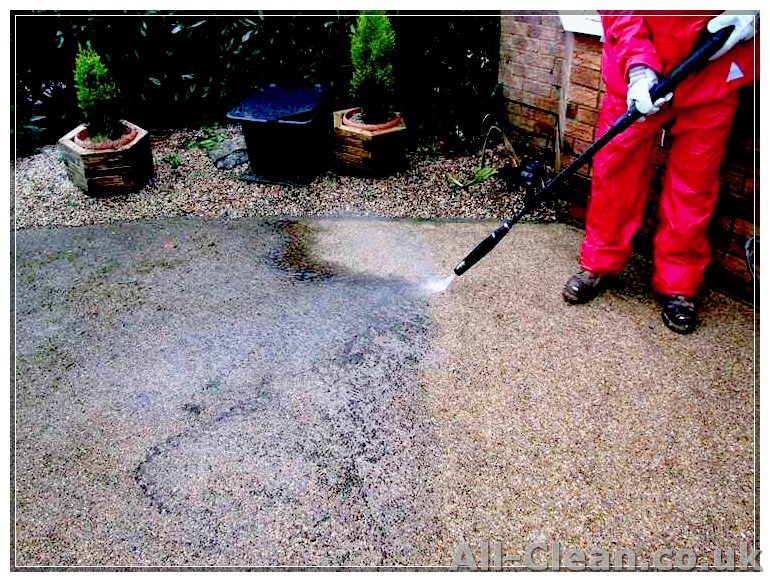
Vinegar is a natural and non-toxic cleaning agent that can help remove moss. Mix equal parts of white vinegar and water in a spray bottle and spray it onto the moss. Leave it for a few hours to work its magic, then scrub the moss away.
4. Baking Soda
Baking soda is another natural remedy that can help get rid of moss. Mix baking soda with water to make a thick paste. Apply the paste onto the moss and leave it for a few hours. Then, scrub the moss away with a brush or scraper.
5. Salt
Salt can be an effective moss killer. Sprinkle salt over the moss and leave it for a few days. The salt will dehydrate and kill the moss, making it easier to remove.
6. Lemon Juice
Lemon juice can also help remove moss from your resin driveway. Squeeze fresh lemon juice onto the moss and let it sit for a few hours. Then, scrub the moss away using a brush or scraper.
7. Preventing Moss Growth
Once you have successfully removed the moss from your driveway, it’s important to take steps to prevent it from regrowing. Here are some tips to help keep your driveway moss-free:
- Regularly sweep or blow leaves and debris off your driveway.
- Trim trees and bushes to allow more sunlight to reach your driveway.
- Keep the area around your driveway well-drained to prevent water from pooling.
- Apply a moss-killing or moss-preventing product to your driveway as directed.
- Consider installing a permeable driveway material that allows water to drain through and prevents moss growth.
By following these natural remedies and preventive measures, you can keep your resin driveway moss-free and looking clean all year round.
Jet Washing of Your Resin Driveway
The growth of moss and other unwanted plants on resin driveways is a common maintenance issue. Over time, these organisms can penetrate the surface, leading to a less appealing appearance and potential damage to the driveways.
Proper preparation and routine cleaning are vital to maintain a moss-free and weed-free driveway. When it comes to cleaning your resin driveway, jet washing is a highly effective method to tackle the issue.
A jet washer, also known as a pressure washer, utilizes water under high pressure to remove dirt, moss, and weeds from various surfaces. It is a powerful and efficient tool that can restore the appearance of your driveway and keep it looking good for a long time.
Here are some steps to take when jet washing your resin driveway:
1. Prepare the Area
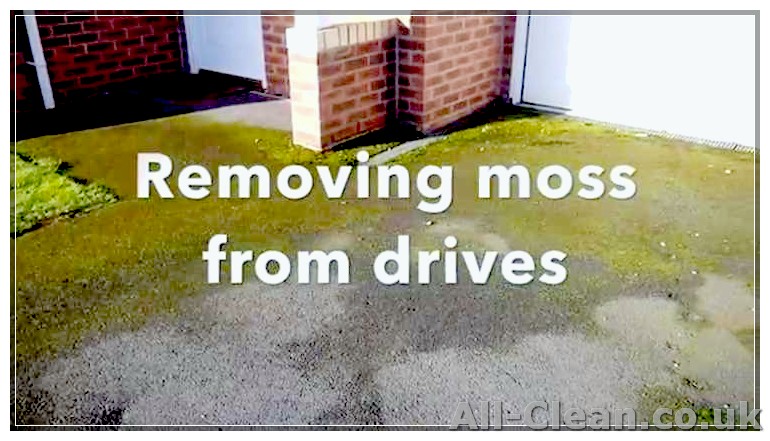
Before starting the jet washing process, it is important to prepare the area. Remove any loose debris, such as leaves or twigs, using a broom or brush. Make sure the surface is clear and ready for cleaning.
2. Use the Correct Jet Washing Attachment
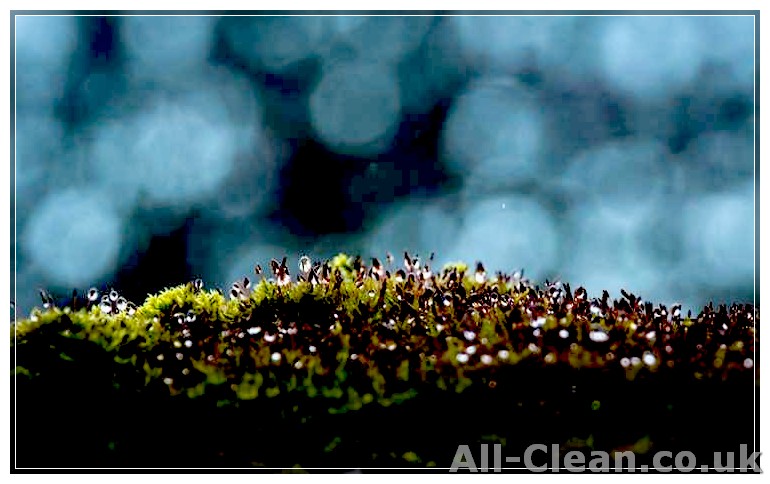
Depending on your jet washer model, choose the appropriate attachment for cleaning resin driveways. Some jet washers come with adjustable nozzles or different spray settings, allowing you to adjust the water pressure and coverage for more effective cleaning.
3. Start with Low Pressure
When you begin jet washing your resin driveway, start with a low-pressure setting and gradually increase the pressure if needed. Using too much pressure from the beginning may damage the surface or cause the resin to become loose.
4. Use a Sweeping Motion
Maintain a sweeping motion while jet washing the driveway. Start from one end and work your way to the other, making sure to cover the entire surface evenly. This will help ensure that all moss, dirt, and weeds are properly removed.
5. Clean in Sections
If you have a large driveway, it may be more manageable to clean it in sections. This way, you can focus on one area at a time and ensure that it receives thorough cleaning. Move systematically across the driveway until the entire surface is clean.
6. Pay Attention to Problem Areas
Some areas of your resin driveway may require more attention, such as spots with heavy moss or stubborn weeds. Direct the jet washer nozzle more closely to these areas to ensure they are properly cleaned.
7. Rinse Properly
After jet washing your resin driveway, rinse the surface thoroughly with water. This will remove any leftover debris and cleaning solution.
8. Repeat the Process if Necessary
If you notice that some moss or weeds are still present after the initial jet washing, you may need to repeat the process. In some cases, multiple cleaning sessions may be required to fully restore the appearance of your driveway.
Jet washing your resin driveway is an effective way to remove moss and maintain its appearance. Follow these steps carefully to ensure your driveway is handled properly and looks good throughout the year.
